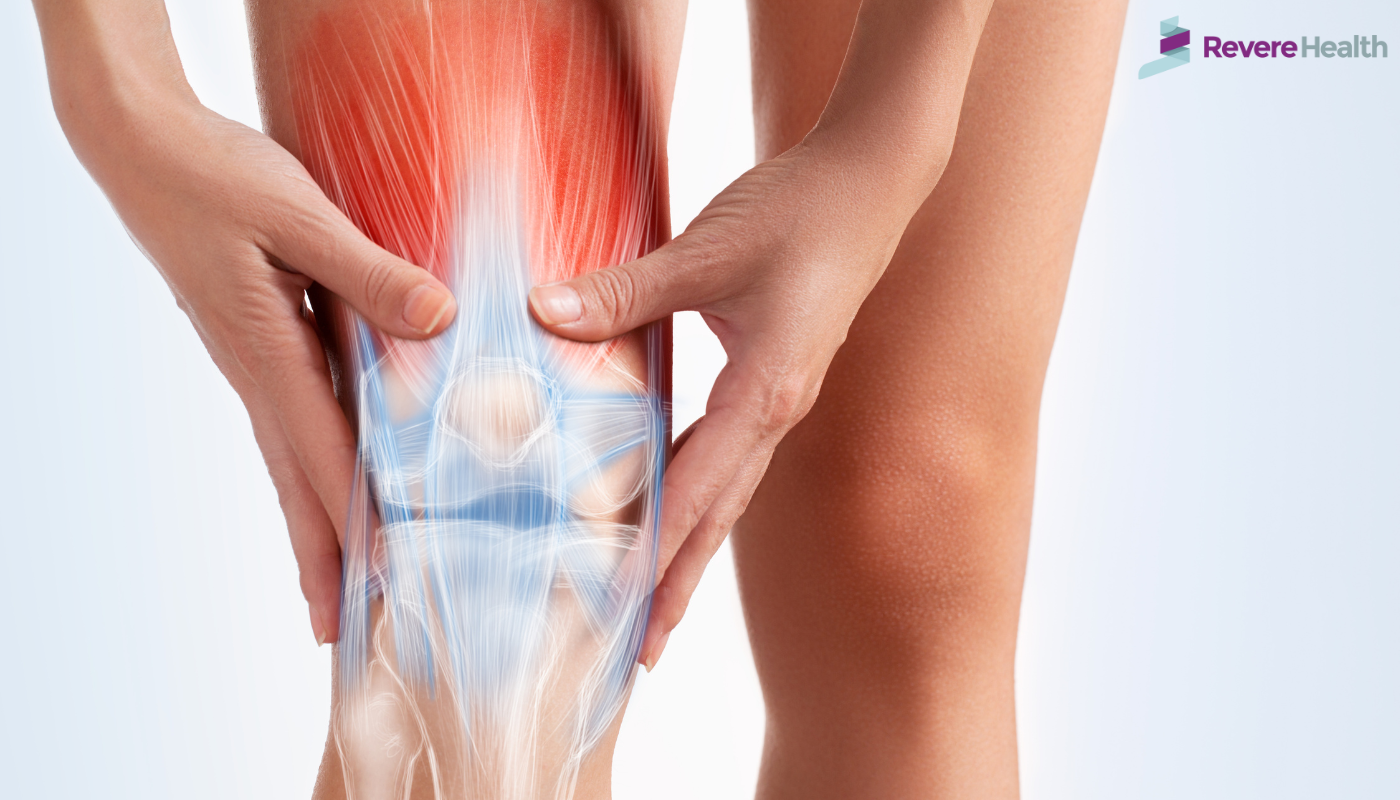Should You Consider a Knee Replacement?

Is your knee pain interfering with everyday life? If other methods of pain relief aren’t working, it may be time to talk to your doctor about knee replacement surgery. Also called arthroplasty, knee replacement surgery is generally for people over the age of 50 with severe osteoarthritis. It involves capping the ends of the bones that form the knee joint, as well as the knee cap, with metal and plastic parts. What are some of the primary reasons knee replacement surgery might be right for you, and what can you expect both before and after? Let’s take a look. Reasons for Knee Replacement The primary reason for knee replacement surgery is osteoarthritis which becomes extremely painful. Osteoarthritis involves the breaking down of joint cartilage, which limits movement and causes pain. In many cases, this makes simple tasks like walking or climbing stairs extremely painful. Other forms of arthritis can also lead to knee replacement, including rheumatoid arthritis or...
